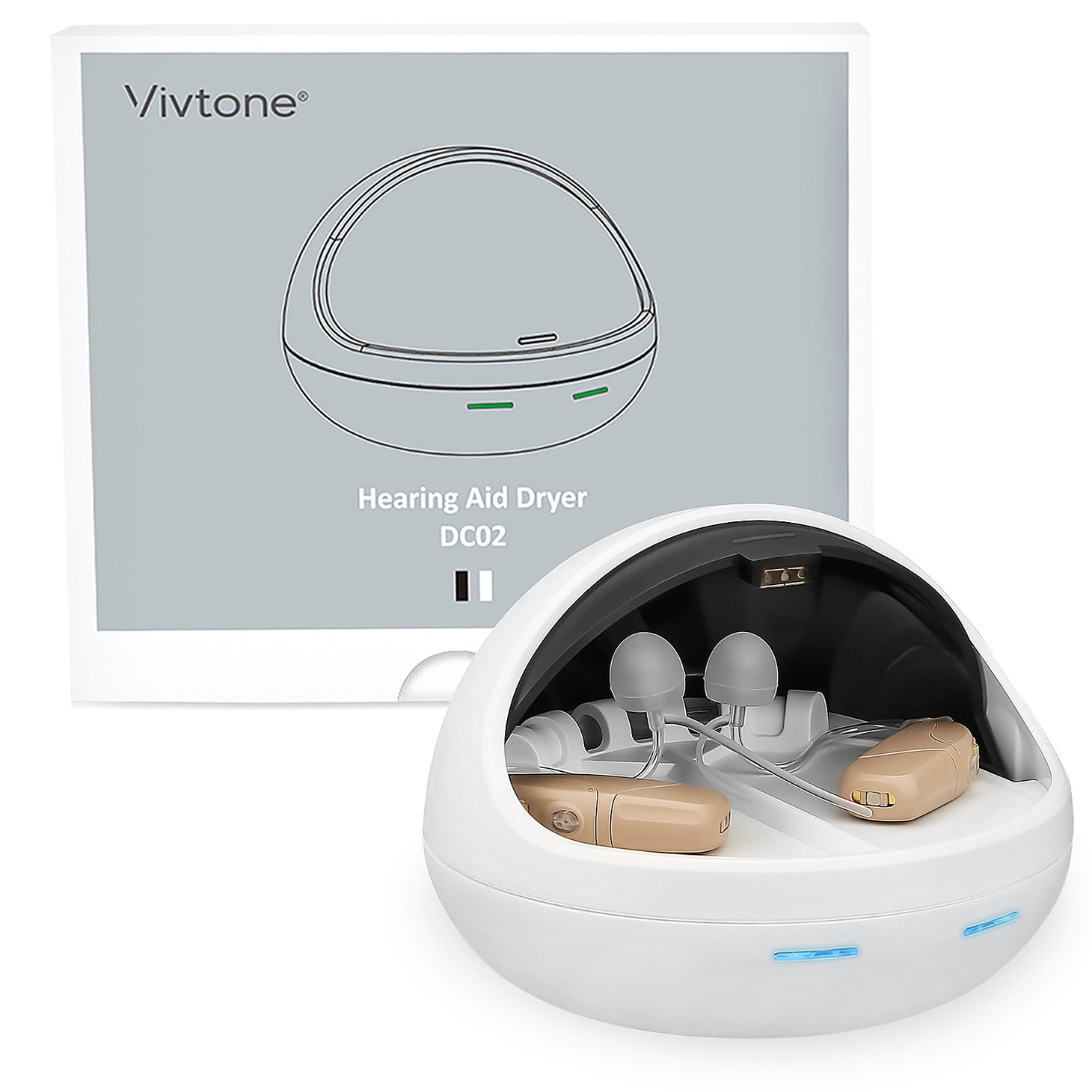When it comes to the functionality of modern hearing aids, the role of microphones cannot be overstated. These tiny yet powerful components play a crucial part in capturing and amplifying sound, ultimately enhancing the hearing experience for individuals with hearing loss.

The Functionality of Microphones in Hearing Aids
The primary function of microphones in hearing aids is to pick up sounds from the environment and convert them into electrical signals. These signals are then processed and amplified to compensate for the individual's specific hearing loss. The quality and sensitivity of the microphone directly impact the clarity and naturalness of the amplified sound.
Modern hearing aids are equipped with advanced microphones that can differentiate between speech and background noise, allowing wearers to focus on conversations even in noisy environments. This directional microphone technology has significantly improved the overall performance of hearing aids, making them more effective in various listening situations.
Types of Microphones Used in Hearing Aids
There are two main types of microphones used in modern hearing aids: omnidirectional and directional. Omnidirectional microphones capture sounds from all directions, providing wearers with a broad awareness of their acoustic surroundings. On the other hand, directional microphones are designed to pick up sounds from specific directions, effectively reducing background noise and enhancing speech intelligibility.
Some hearing aids also feature multiple microphones, combining the benefits of both omnidirectional and directional technologies. This allows for a more dynamic and adaptive listening experience, as the hearing aid can automatically switch between microphone modes based on the wearer's environment.
Advancements in Microphone Technology
Recent advancements in microphone technology have led to the development of digital noise reduction and wind noise suppression features in modern hearing aids. These innovations work in tandem with the microphones to further improve the wearer's listening experience, especially in challenging acoustic environments.
Furthermore, the integration of wireless connectivity in hearing aids has expanded the capabilities of microphones. Some hearing aids now have the ability to stream audio directly from external devices, such as smartphones and televisions, using the microphones to capture and process the incoming audio signals.
The Future of Microphones in Hearing Aids
As technology continues to advance, the role of microphones in modern hearing aids will undoubtedly evolve. We can expect further improvements in microphone sensitivity, noise reduction algorithms, and connectivity features, ultimately enhancing the overall sound amplification and user experience.
With ongoing research and development in the field of hearing aid technology, the future holds great promise for individuals with hearing loss, thanks in part to the continued innovation in microphone design and functionality.








